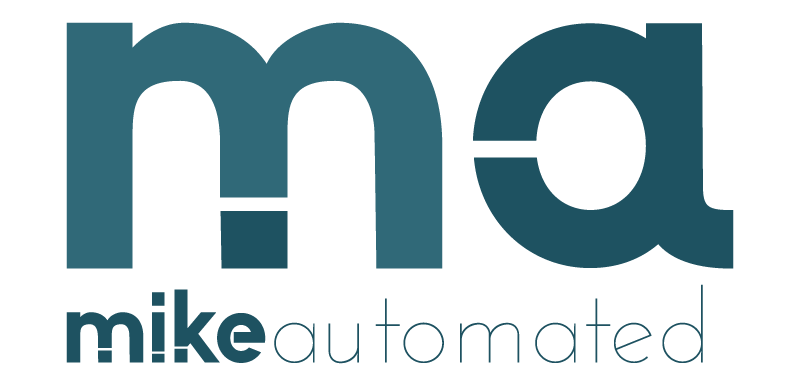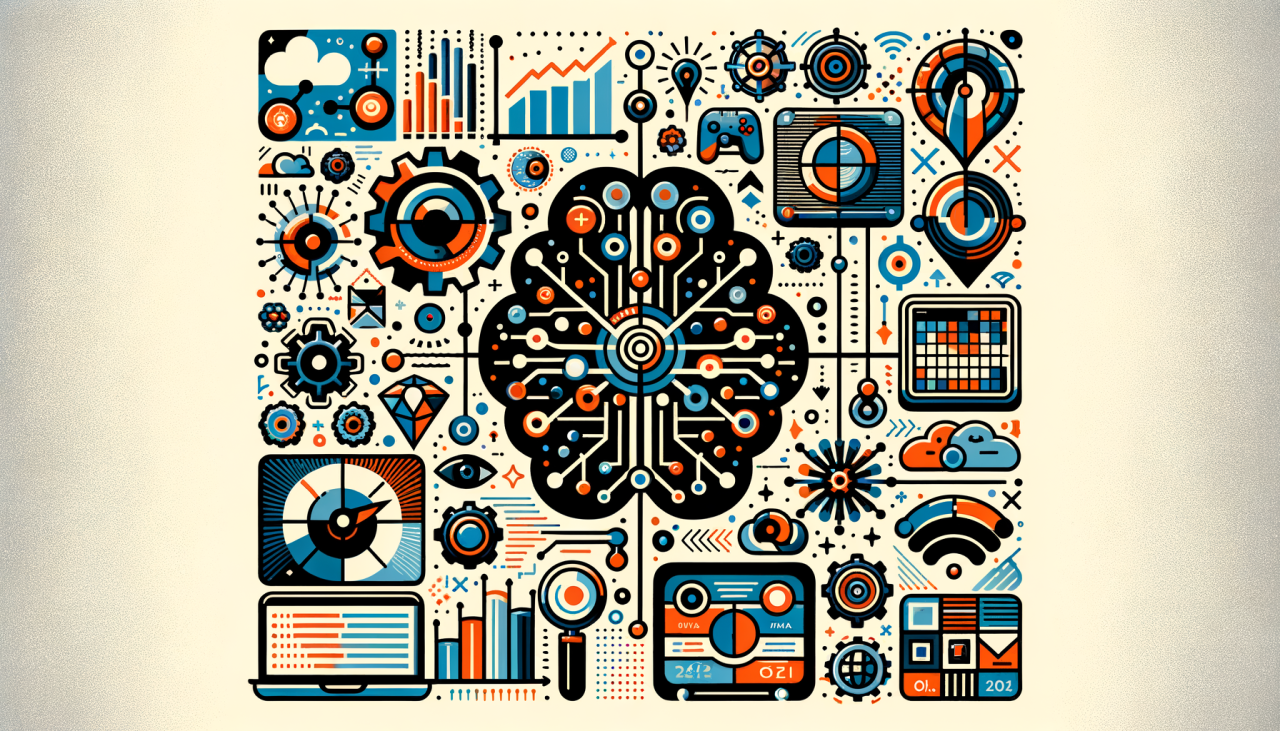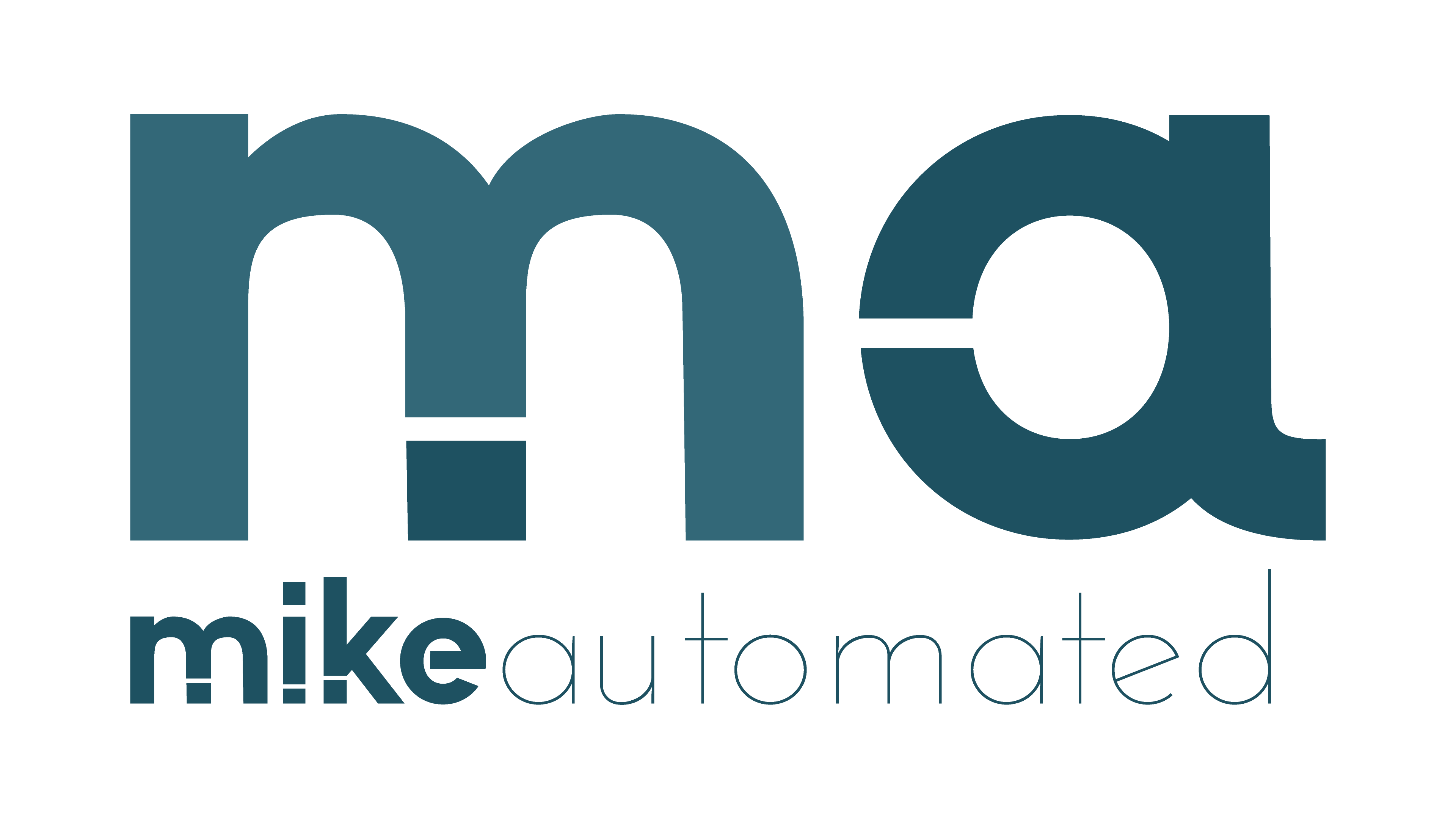TL;DR:
- The adoption of AI in healthcare, automation, and education surged in 2022.
- Generative AI tools made creativity and innovation more accessible.
- Ethical AI and regulations became central to addressing bias and accountability.
- Advancements in AI-focused hardware optimized machine learning processes.
- AI in 2022 marked the foundation for a more integrated future in business and daily life.
How AI Transformed Industries in 2022
AI’s adoption broadened across various industries in 2022. Its ability to improve efficiency, reduce costs, and solve complex problems captivated organizations globally.1. AI in Healthcare
AI reshaped the healthcare landscape, offering faster diagnostics and better patient management. Key highlights:- AI-powered diagnostic tools identified conditions such as cancer and rare genetic diseases with higher accuracy.
- Telemedicine platforms integrated AI chatbots to provide preliminary consultations, reducing physician workloads.
- Automation streamlined administrative processes like billing and appointment scheduling.
2. Automation in the Workplace
AI-driven automation optimized repetitive tasks, enhancing productivity in routine operations. Industries like manufacturing, retail, and finance relied heavily on AI to scale operations.- Robotic process automation (RPA) tailored workflows to save time and minimize errors.
- Predictive analytics improved supply chain management by forecasting demand accurately.
- AI chatbots enriched customer service experiences, resolving queries instantly.
3. AI in Education
The education sector embraced AI to address personalized learning and accessibility challenges.- AI algorithms assessed student needs and provided customized learning paths.
- Language translation tools facilitated multilingual class collaboration.
- Proctoring tools and learning platforms enhanced virtual learning experiences.
Exciting Developments in Generative AI
Generative AI, powered by tools such as GPT-3 and DALL-E, gained attention for its ability to produce creative and innovative content.Applications of Generative AI
- Content Creation: Creators leveraged AI to draft articles, design visuals, and compose music.
- Gaming: AI-generated characters and scenarios offered dynamic storylines and immersive experiences.
- Prototyping: Architects and product designers used AI tools to visualize projects faster.
The Role of Ethical AI and Regulation
With AI’s growing influence, ethical concerns regarding bias, accountability, and transparency intensified. In 2022, governments and organizations concentrated efforts on fair and responsible AI.Steps Toward Ethical AI
- AI developers focused on minimizing algorithmic biases through training data diversity.
- Transparency tools helped identify decision-making patterns in AI systems.
- Governments highlighted AI ethics in regulations to ensure accountability among organizations adopting the technology.
Advancements in AI Hardware
AI-focused hardware developments reduced computational costs and improved efficiency, making machine learning more sustainable.Notable Hardware Innovations
- AI Chips: Customizable chipsets enhanced edge computing for faster deployment and efficiency.
- Quantum Computing: AI research benefited from quantum processing power, offering incredible possibilities in optimization and encryption.
- Energy Efficiency: Research prioritized reducing the carbon footprint associated with large-scale AI operations.
Preparing for the Future of AI
The trends established in 2022 suggest that AI will continue integrating into our daily lives and reshaping industries. By focusing on ethics, innovation, and education, society moves closer to a collaborative future between humans and AI. Take Action:- Explore AI tools to enhance productivity or creativity in your field.
- Stay informed on ethical AI practices to ensure responsible adoption in your organization.
- Follow advancements in AI hardware for emerging opportunities in implementation.



